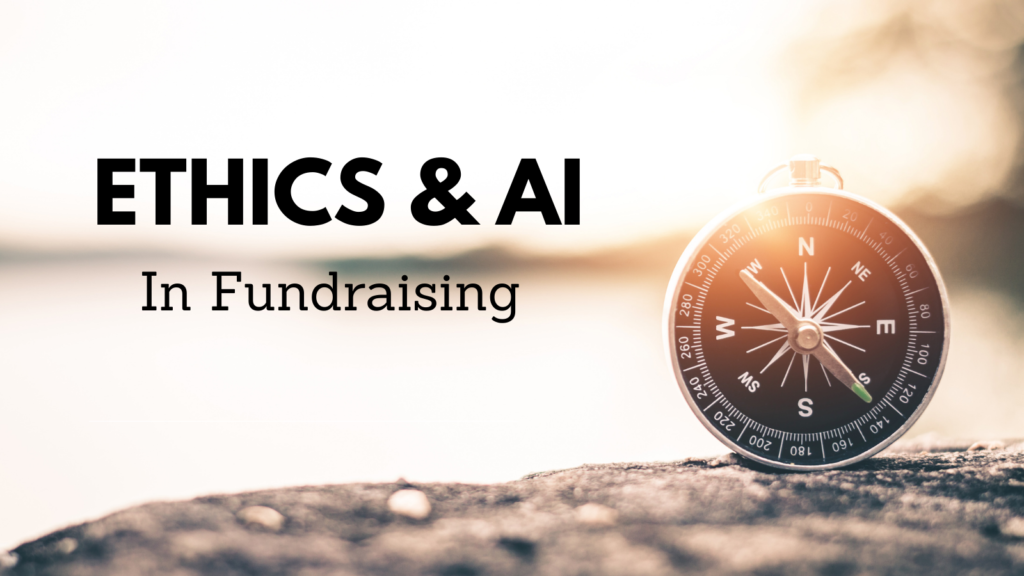A newly published report highlights the potential risks and benefits associated with the integration of artificial intelligence (AI) in the fundraising sector. Titled “Artificial Intelligence and Fundraising Ethics,” the report, produced by Rogare, explores the ethical implications of utilizing AI technology in fundraising practices.
AI’s impact on fundraising jobs
The report warns that the introduction of AI in fundraising could potentially lead to a reduction in the fundraising workforce, particularly impacting smaller organizations. These entities might opt to allocate limited fundraising budgets towards AI implementation rather than retaining human fundraisers. However, it acknowledges potential benefits such as increased efficiency and competitiveness in fundraising efforts.
Ethical considerations and challenges
One of the primary concerns highlighted in the report is the potential for AI to perpetuate biases, including those related to race, gender, and income. It emphasizes the need for thorough audits of data sources and algorithms to mitigate these biases.
Additionally, the report raises questions about accountability and liability in cases where AI systems make mistakes, underscoring the importance of regulating AI technology in the fundraising sector.
AI’s role in ethical decision-making
While acknowledging the transformative potential of AI in fundraising, the report cautions against overreliance on AI for ethical decision-making. It suggests that current AI engines may not possess the sophistication required to address complex ethical dilemmas in fundraising. However, the report proposes the possibility of training AI systems on ethical decision-making rules in the future.
Expert insights and recommendations
Cherian Koshey, Vice President of software firm iWave, and Ian MacQuillan, founder of Rogare, emphasized the transformative impact of AI on fundraising in an exclusive article for Fundraising Magazine. They highlighted the need for fundraisers to exercise caution when relying on AI for decision-making and advocated for its integration as part of a larger assessment process.
Koshey and MacQuillan emphasized the importance of regulating AI technology in the fundraising sector to address ethical concerns and clarify responsibility gaps. They suggested potential applications of AI, such as guiding fundraisers through specific questions or dilemmas, while urging organizations to remain vigilant about potential biases embedded in AI systems.





